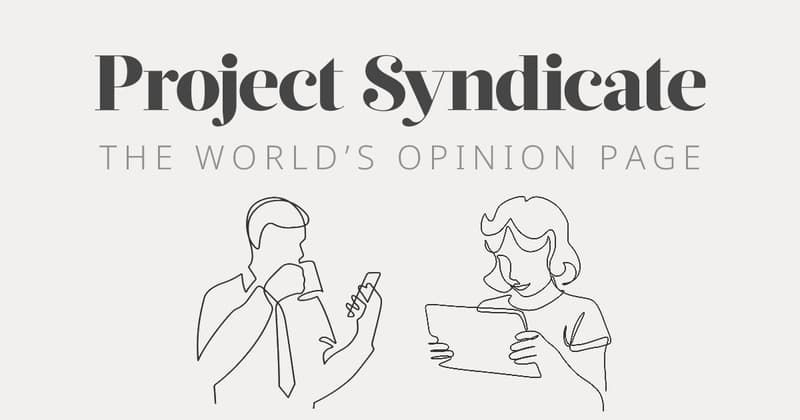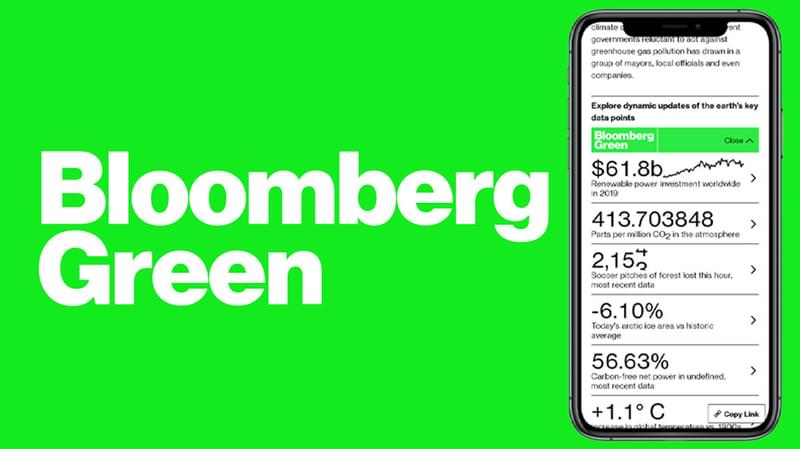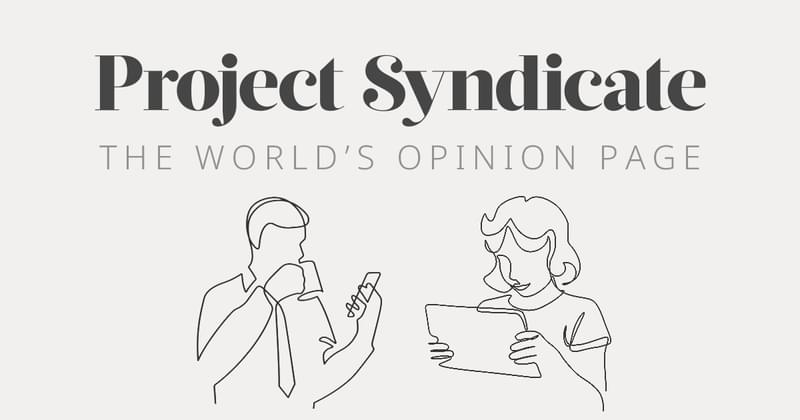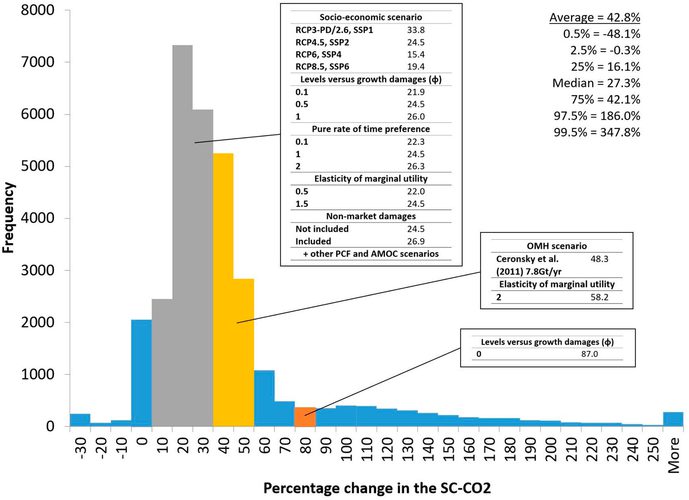Why COP27 Needs a Bigger Circus and More Solar Panels
Four ways to improve UN climate conferences
My monthly, globally syndicated column for Project Syndicate, translated into a dozen languages, and my earlier bi-weekly Risky Climate column for Bloomberg Green.

Four ways to improve UN climate conferences
No policy should be excluded based on purist economic or environmentalist principles

After more than three decades of trying, Austria moves to tax carbon.

Although climate change is primarily caused by excess greenhouse-gas emissions, there are many links in the chain between economic activities and the real-world effects of planetary warming. Each of these can be addressed in different ways, and all options should at least be on the table.

Biases inherent to the way economics is typically practiced by consultants is slowing meaningful progress on fighting climate change.
New research shows significant economic costs of climate risks.

Climate science and economics are inherently conservative, and that may be a factor in Monday's highly-anticipated IPCC report.

The best thing New York and other cities can do for the climate is to let more people live there.

The economist Martin Weitzman got scientists and politicians to think about the worst-case outcomes of global warming. We’re seeing them happen right now.
With its fixation on equilibrium thinking and an exclusive focus on market factors that can be precisely measured, the neoclassical orthodoxy in economics is fundamentally unequipped to deal with today's biggest problems. Change within the discipline is underway, but it cannot come fast enough.
